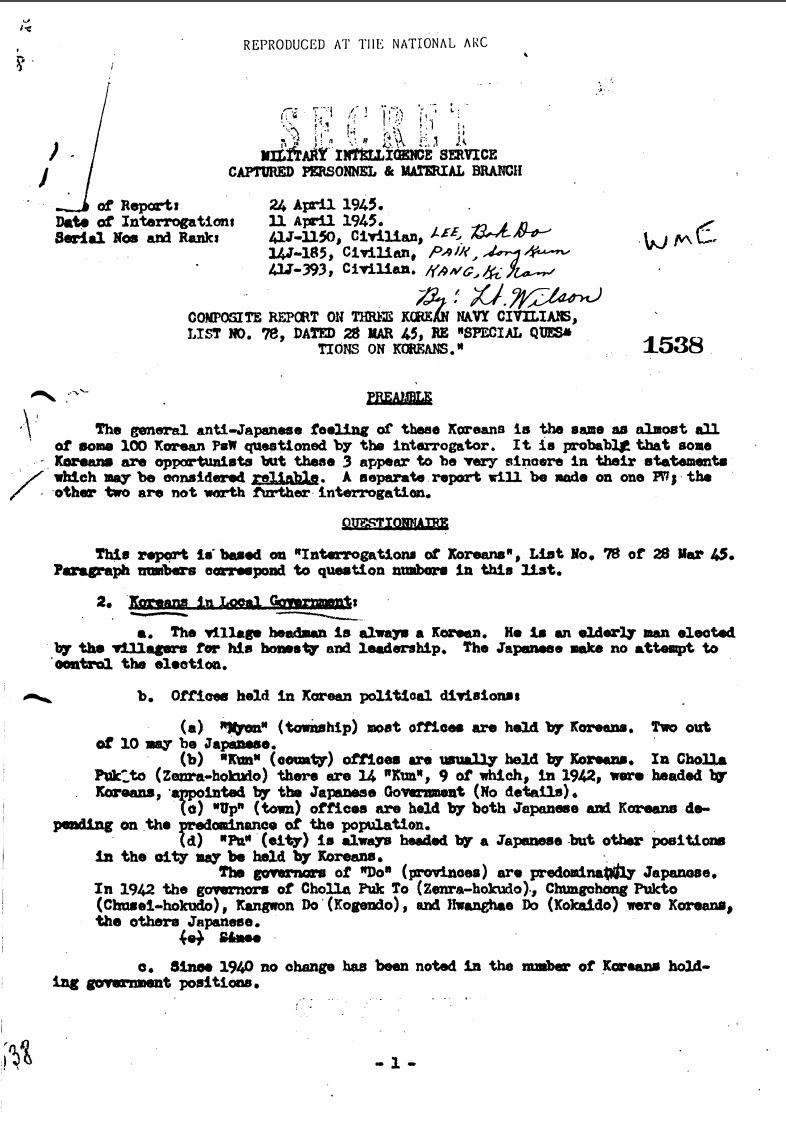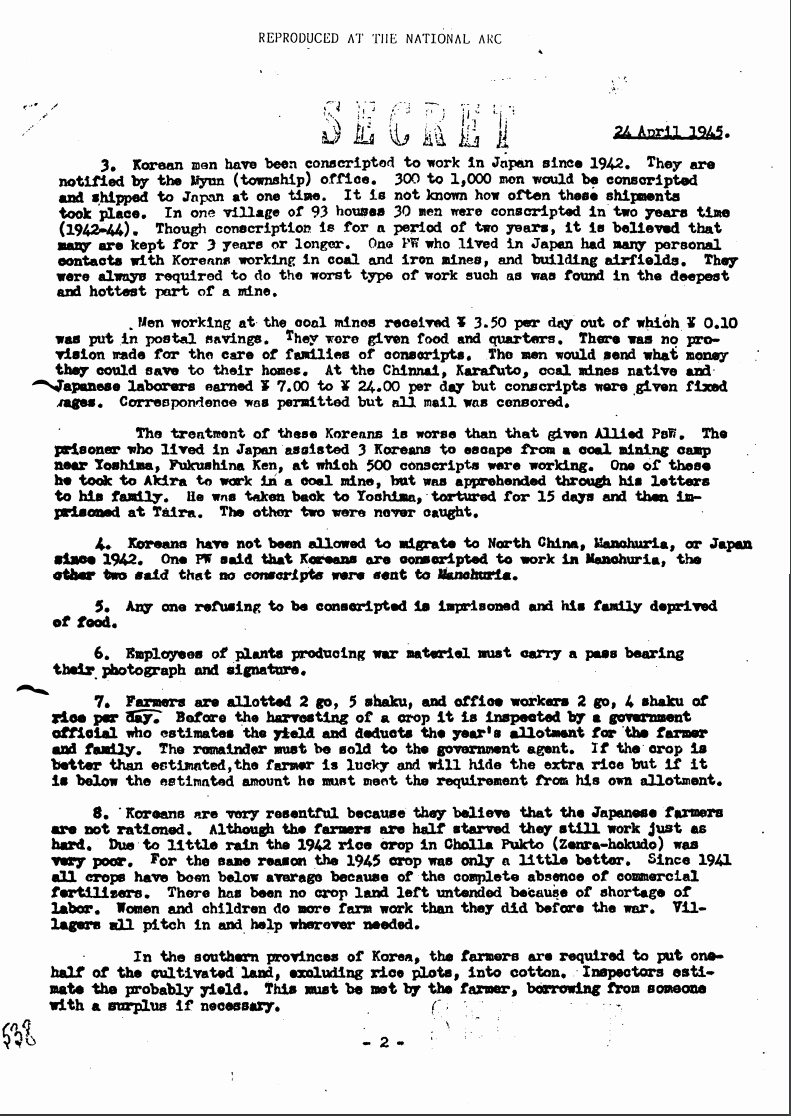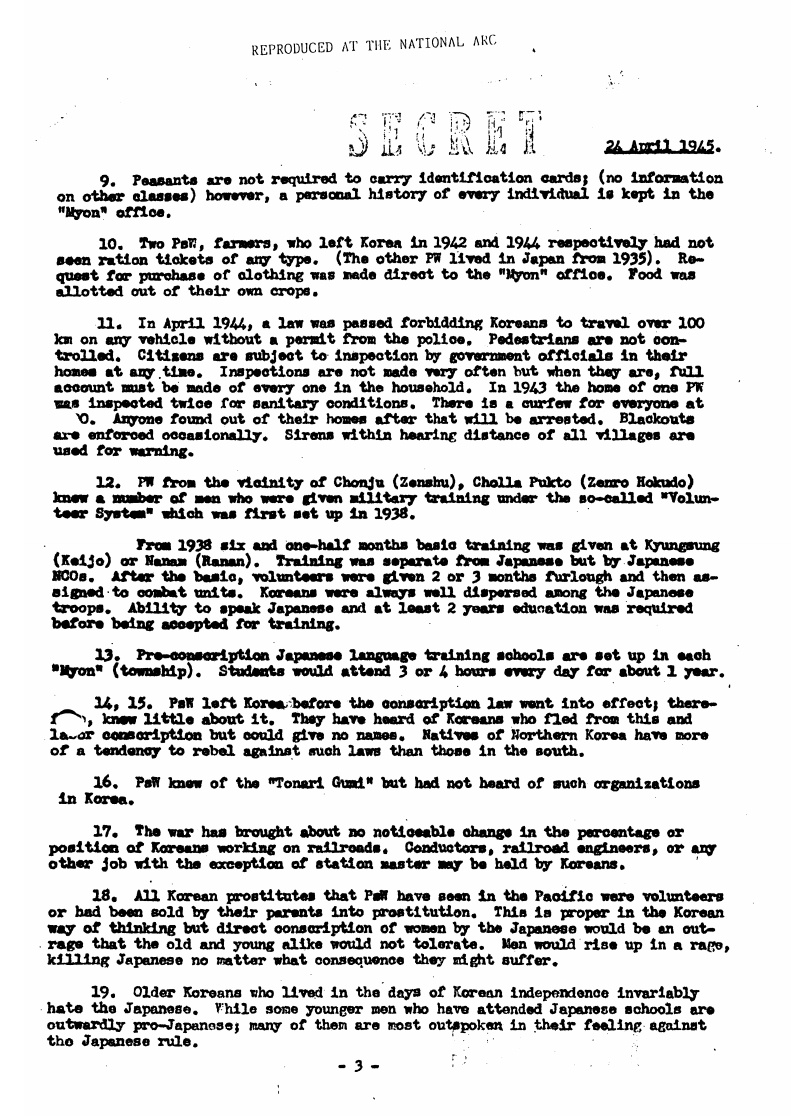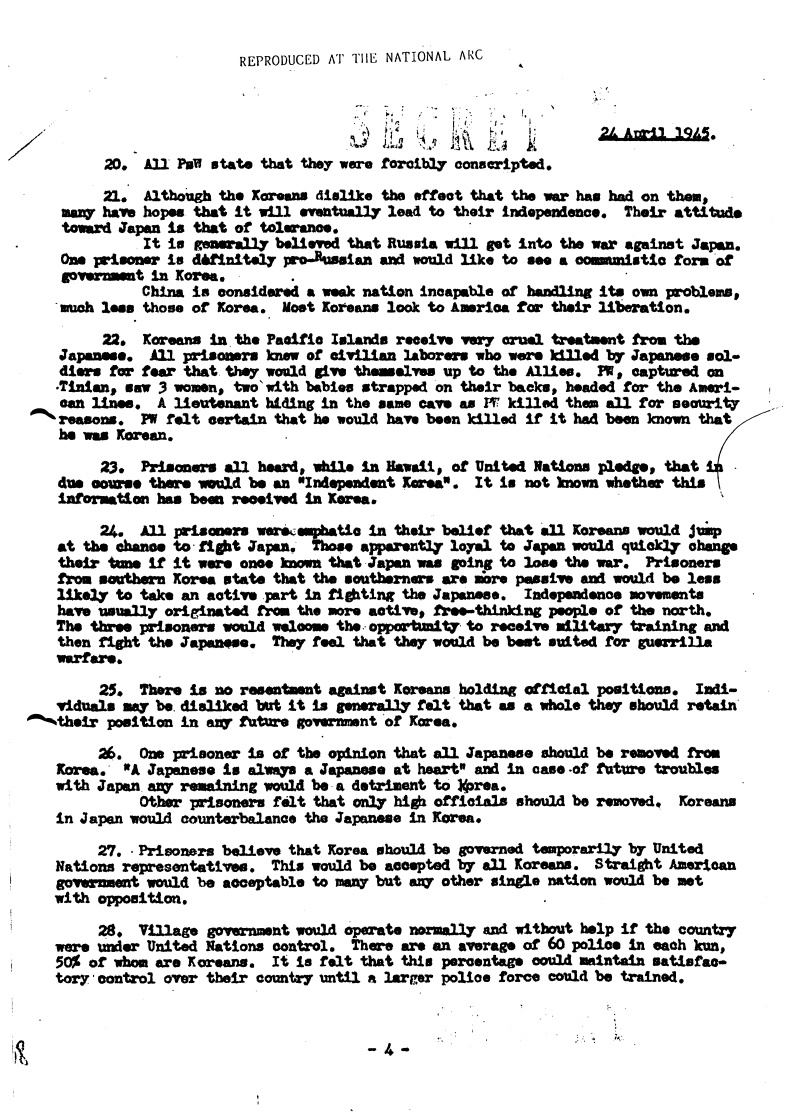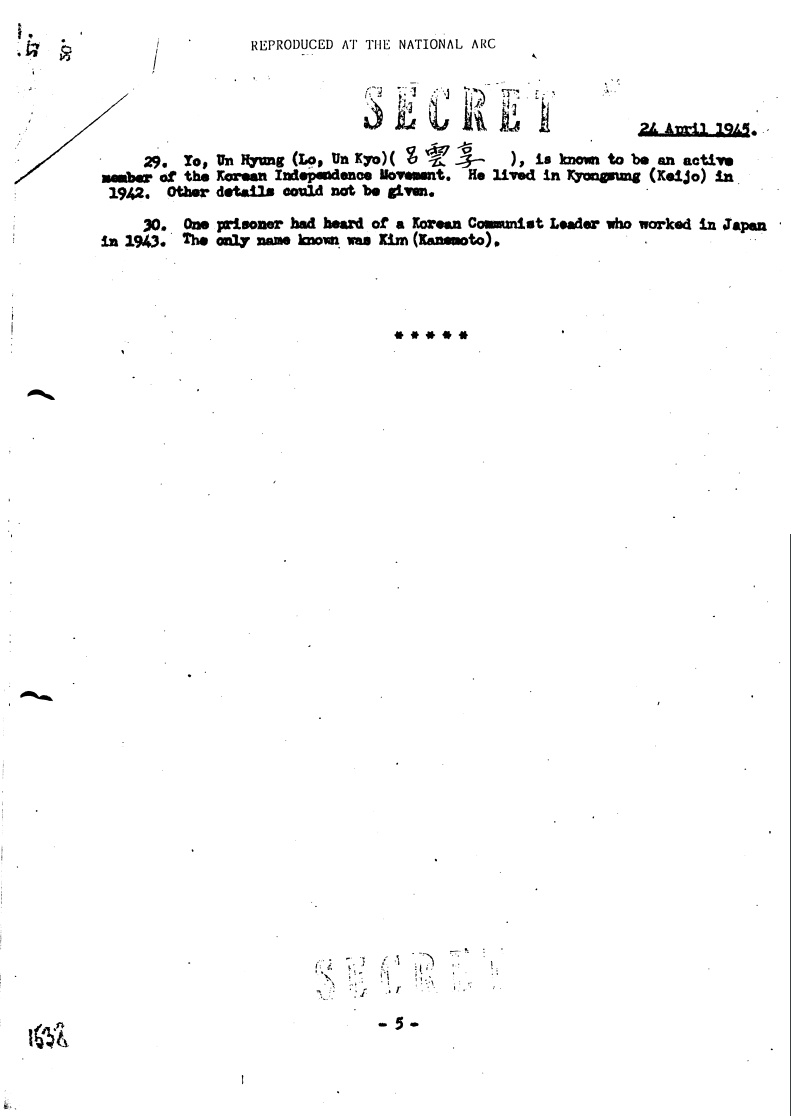つくる会 FAX 通信 第 390 号 平成 28 年(2016 年)6月3日(金)より
****************************************************************
「通州事件・チベット侵略」「慰安婦」を登録申請
歴史戦の新しい展開を「つくる会」は支援
5月31日、日本、チベット、アメリカの民間団体が共同して、ユネスコの記憶遺産に2つのテーマを共同申請しました。共同申請とは、一つの国の枠を越えて、複数の国の団体や個人が共同で申請する記憶遺産のルールにもとづくものです。
第一のテーマは、「20世紀中国大陸における政治暴力の記録:チベット、日本」というタイトルで、1937年7月29日に起こった日本人虐殺事件(通州事件)と、戦後の中国によるチベット民族消滅化政策を、中国の政治暴力の犠牲者として位置づけた申請です。
第二のテーマは、「慰安婦と日本軍規律に関する文書」というタイトルで、日米の共同申請です。慰安婦制度の正しい姿を知ることの出来る資料を登録する内容です。
それぞれの申請書の概要部分は下記のとおりです。
なお、この中で、申請の主体となっている「通州事件アーカイブズ設立基金」は、通州事件についての資料の発掘、調査、保存、普及のためのNGO団体で、5月に発足しました。
会見は、「通州・チベット」側から、基金の藤岡信勝代表、皿木喜久副代表、ペマギャルポ、三浦小太郎の各氏、「慰安婦」側から山本優美子、藤木俊一、藤井実彦の各氏が出席しました。今後は年内におおよその結論を出すとみられる小委員会と対応し、来年10月の登録を目指します。
これらの申請の登録が実現するよう、当会も全面的にバックアップをしてまいります。
(1)「20世紀中国大陸における政治暴力の記録:チベット、日本」
<申請者>日本:通州事件アーカイブズ設立基金
チベット:Gyari Bhutuk
<概要> 20世紀の中国大陸では、他国民あるいは他民族に対する政治暴力がしばしば行使された。この共同申請は、対チベットと対日本の事例についての記録であり、東アジアの近代史に関する新たな視点を示唆するとともに、人類が記憶すべき負の遺産として保存されるべきものである。以下、事件の概要を、時間順に従い、(A)日本、次いで(B)チベットの順に述べる。
(A) 日本: 1937年7月29日に起こった通州虐殺事件の記録である。この事件は暴動によって妊婦や赤ん坊を含む無辜の日本人住民200人以上が最も残虐なやり方で集団的に殺害されたもので、日本人居住者を保護する立場にあった冀東自治政府の中の治安維持を担当する保安隊を主体とした武装集団がやったことであった。
(B)チベット: 中華人民共和国建国直後の1949年から始まったチベットに対する侵略行為の記録である。それから1979年までに、1,207,387人のチベット人が虐殺された。犠牲者の中には、侵略者に対する抵抗運動の中で殺された者や、収容所や獄中で拷問の末に殺された者などがいた。チベット仏教の文化は消滅の危機にさらされている。チベットのケースは、日本とは規模は大きく異なるが、残虐行為の実態は驚くほど共通している。
(2)「慰安婦と日本軍規律に関する文書」
<申請者>日本:なでしこアクション、慰安婦の真実国民運動
アメリカ:The Study Group For Japan’s Rebirth
<概要> 慰安婦comfort womenについて誤解が蔓延しています。正しく理解されるべきであり、記憶遺産に申請します。慰安婦とは、戦時中から1945年終戦までは日本軍向け、戦後は日本に駐留した連合軍向けに働いた女性たちで、民間業者が雇用、法的に認められた仕事でした。他の職業同様、住む場所・日常行動について制限はありましたが、戦線ではあっても相応な自由はあり、高い報酬を得ていました。彼女らは性奴隷ではありません。申請した文書には、日本人33人の証言集があります。これは当時、慰安婦らと直に会話し取材したものです。また、慰安所のお客が守る厳格な決まり、占領地の住民を平等に扱ったこと、ヒトラーのドイツ民族優位論を否定するなど、日本軍の規律や戦争に対する姿勢などが記されている文書もあります。慰安婦制度が現地女性の強姦や、性病の防止に効果があったこと、日本軍は規律正しかったことも記されています。
****************************************************************
英訳文:URL http://www.sdh-fact.com/essay-article/731/
PDF http://www.sdh-fact.com/CL/UNESCO-2016.pdf
****************************************************************
朝日新聞(2017.6.24付)の記事『ユネスコ「世界の記憶」「政治案件」一部除外』について
http://www.asahi.com/articles/DA3S13002376.html
記事の中で主に2点誤解があるので指摘いたします。
1.記事の中では「慰安婦と日本軍規律に関する文書」の申請者が藤岡信勝・拓殖大学客員教授になってますが、藤岡先生は「通州事件」の申請者であり、「慰安婦と日本軍規律に関する文書」の申請者ではありません。
2.ユネスコから「慰安婦と日本軍規律に関する文書」に対し、政治的案件あるいは特定の歴史観を示す案件であるという指摘がされているかのように書かれていますが、ユネスコからそのような指摘や通知は受けていません。
以上
2017.6.28 山本優美子(なでしこアクション代表)
※なでしこアクションは「慰安婦と日本軍規律に関する文書」日米共同申請の団体です。
****************************************************************
<関連ニュース>
産経 2016.6.3 19:57
「通州事件」日本などの民間団体がユネスコ記憶遺産に登録申請
共同47NEWS 2016/6/3 17:55
通州事件、記憶遺産に申請 「つくる会」、慰安婦資料も
zakzak by 夕刊フジ 2016.06.04
「通州事件」「慰安婦の真実」を世界記憶遺産に 日米民間団体などが申請
東京スポーツ2016.6.8
日米の民間団体が反日宣伝戦を阻止「慰安婦は性奴隷ではない!」
朝日新聞 2016年6月4日
日米の民間団体、記憶遺産に申請 慰安婦・旧軍の資料
THE ASAHI SHIMBUN June 4, 2016
Groups apply to UNESCO to ‘restore’ Japan’s wartime honor
